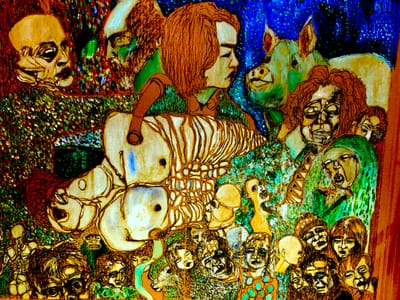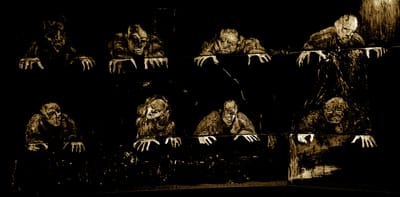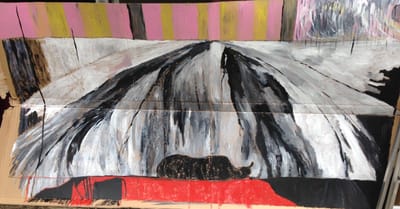Articles #Determinism
Most people, when they hear about determinism, imagine the universe as a whole unfolding with physical necessity from initial conditions that were laid down shortly after the Big Bang. There’s this metaphorical origin story that has God specifying the laws and then laying down each of the particles of which the universe was made at a particular position with a particular momentum, thereby fixing everything that will ever happen over the whole history of the universe. If one is thinking in this way, then one’s own life will appear as part of this unfolding totality and it seems that its sense of restless contingency will seem an illusion. If we take physics on its own terms, however, we come away with a very different picture of what determinism entails and our own place in the causal fabric of the world. Continuing the End Times series, Richard Marshall interviews Jenann T Ismael
Read MoreWhile some distance from or even outright scepticism about self-determination is typical in current moral theory, there is no comparable distance from reason. Modern ethics tends on the whole to avoid overt commitment to free will. But it is riddled with metaphysically unexplained claims about reasons and our responsiveness to them – about, in other words, reasons as exercising a power to move. Continuing the End Times series, Richard Marshall interviews Thomas Pink
Read Morevan Inwagen thinks we can bypass these issues because the real threat to our free will is not causal determination (our acts having deterministic causes) but simply determination (our acts being necessitated by past events and the natural laws), since this is enough to guarantee that we cannot ever do otherwise. I think this is wrong, in that the problem only arises given that we don’t have any causal control over the (remote) past... ...I think that the connection between causation and free will has been way underappreciated. How our acts are brought about, or the causal history of our acts, is clearly relevant to our freedom. Think about severe forms of coercion, manipulation, brainwashing, or compulsion... Continuing the End Times series, Richard Marshall interviews Carolina Sartorio.
Read More

